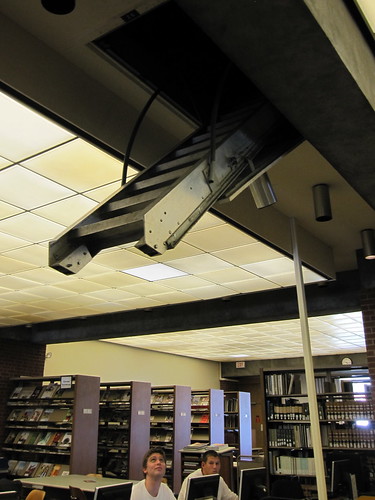The Third Edition is a mutation. It is weightless, taking its shape in the digital realm. To keyboard it, Oxford hired a team of 150 typists in Florida for 18 months. (That was before the verb keyboard had even found its way in, as Simpson points out; not to mention the verb outsource.) No one can say for sure whether OED3 will ever be published in paper and ink. By the point of decision, not before 20 years or so from now, it will have doubled in size yet again. In the meantime, it is materializing before the world’s eyes, bit by bit, on line. It is a thoroughgoing revision of the entire text, expected to cost around $55 million, involving a permanent staff of 70 plus hundreds of freelancers, consultants, and volunteers in Oxford and around the world. Whereas the Second Edition just added new words and new usages to the original entries, the current project is researching and revising from scratch-preserving the history, but aiming at a more coherent whole.
The new Oxford English Dictionary, currently 28% completed, is expected to be done in approximately ten years. There’s been a bit of hubub in the news lately because when asked if they’re going to publish the newest version on paper, the response was “I don’t think so.” which was clarified with a statement saying that the completion was still a decade off and “a decision on format will be taken at that point.” Makes sense right? I’d love an OED that was keyword searchable even though I will always have fond feelings for the 20 volume set that I rescued from a dumpster [discarded because it could not be sold, thank you my unnamed librarian accomplice!]. In the short-but-growing discussion on MetaFilter, someone mentions that what are really precious are the original plates used to print the first edition. Simon Winchester tells a story about those plates in an Author’s Note to his book The Professor and the Madman. I am personally more interested in the Vault of Failed Words.

